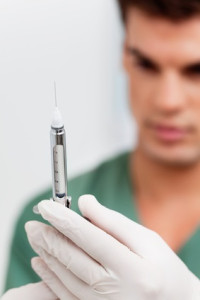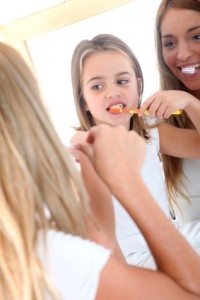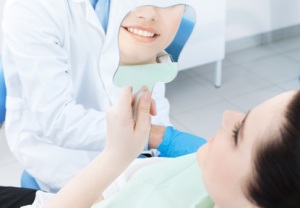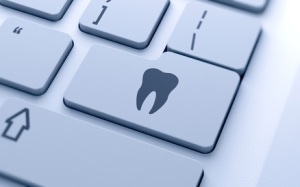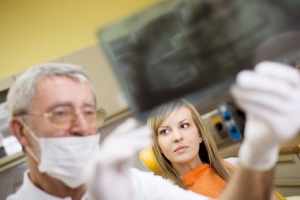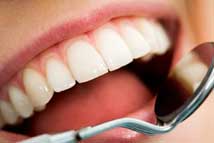It’s Halloween time again, If you are a parent or simply a health conscious adult, you may be  wondering how can you get through this holiday season without overloading on sugary treats. So in the spirit of the season here are our dental friendly Halloween treat suggestions!
wondering how can you get through this holiday season without overloading on sugary treats. So in the spirit of the season here are our dental friendly Halloween treat suggestions!
- If you are looking for treats to give out this Halloween season there are many dental friendly treat options such as: almonds packs, pretzels, or popcorn.
- Also, there are plenty of non candy treats available to give out such as stickers and other Halloween themed toys.
- And finally, if you choose to indulge here are some tips on how to lower your chance of getting a cavity this Halloween season:
- Give yourself or your child a set number of pieces of candy you can eat per day as to limit the sugar intake each day.
- Try and limit the number of times you expose your teeth to candy in a day. It is better to eat multiple pieces at once, rather than one piece at time, multiple times during the day.
- Try to brush and floss an hour after snacking on candy.
- If you’re unable to brush and floss, try and drink water. Although it won’t clean all of the sugar away from your teeth and is not a guarantee that you won’t get cavities, it will help cleanse your mouth, helping to reduce the possibility of cavities. Sugar-free gum is also another good trick. Like water, it helps to remove residual sugar from your mouth, while also stimulating saliva flow. Saliva is a natural protector against cavities.

